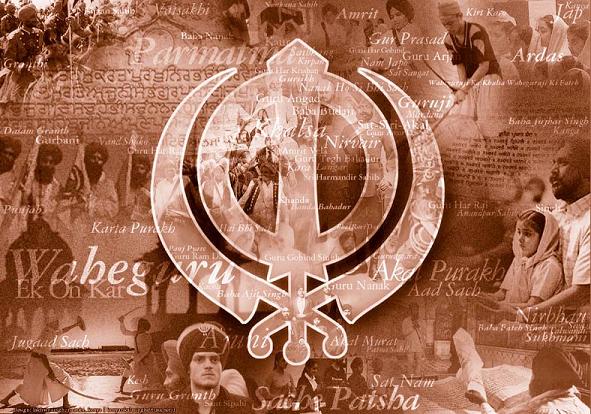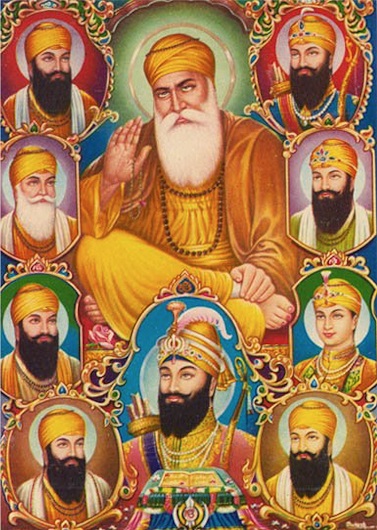Guru Har Rai
Mercy and simplicity.
Guru Har Rai Ji is the seventh Guru of the Sikhs. He was the grandson of Guru Hargobind Sahib Ji. He was born to father Baba Gurditta and mother Nihal Kaur. He was born on January 16, 1630 at Kiratpur Sahib. He was married in 1697 B.S. (1640 A.D.) He had two sons named Ram Rai and Har Krishan Ji. He acceded to Gurgaddi on March 3, 1644.

Guru Har Rai Ji followed the policy of non-violence and popularized the Sikh ideology of self discipline and love of God. He consolidated the organization of the Sikhs on peaceful lines. He started dispensary for the sick and poor people. He made Sikhism strong. He was kind hearted and fountain of love and tenderness. He believed that the greatest sin was to hurt others. He believed in serving langar with humility and kindness.
Once, Guru Har Rai was called to Delhi by the Emperor Aurangzeb to yield to his cruel designs. The Guru decided not to go to Delhi himself. He sent his elder son Ram Rai to meet with the Emperor and interpret Adi Granth Sahib correctly if he was required to do so.
Ram Rai was asked many questions about Sikh and Muslim religions. He did not want to annoy the Emperor. He performed miracles to win laurels from Aurangzeb. He even changed a line from Adi Granth "Mitti Musalman Ki" to "Mitti Be-Iman Ki" (The dust of Musalman to the dust of treacherous; p-466) to please the Emperor. The action of changing the sanctity of Gurbani was rejected by Guru Har Rai Ji.
Succession to Gurgaddi
Due to un-Sikh action, Ram Rai was not found suitable for Guruship. The emperor pressed upon the Guru to accept claim of Ram Rai for Guruship.
Ram Rai also tried to persuade his father. The Guru disagreed by saying,
"The Guruship is like a tiger's milk which can only be contained in a golden cup. Only he who is ready to devote his life thereto is worthy of it. Let Ram Rai not look on my face again".
Before his eternal rest on October 6, 1661, Guru Har Rai nominated his younger son, Har Krishan Ji as his successor.
Contemporary Rulers of India
Shah Jahan from 1627 to 1658 A.D.
Aurangzeb from 1658 to 1707 A.D.

